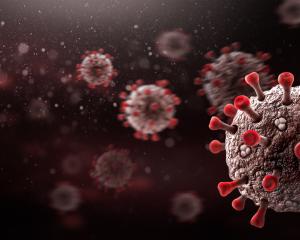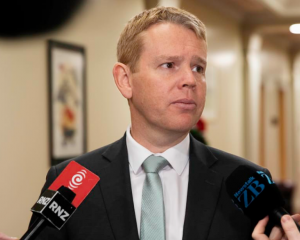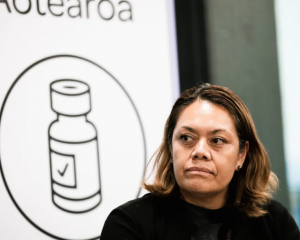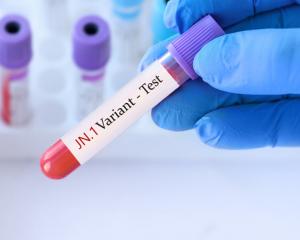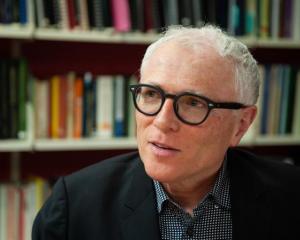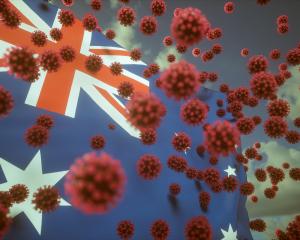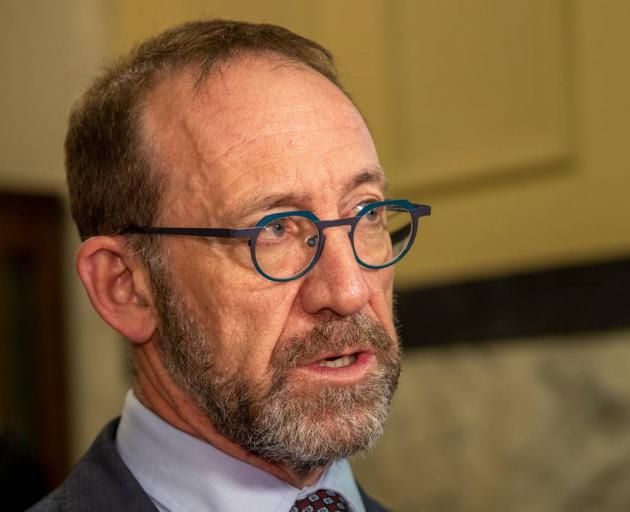
Little has also announced the Government has secured access to a new Covid drug, Ronapreve, which will help treat people with "treat people with medium-to-severe" symptoms.
Pharmac had secured enough Ronapreve to treat 5300 people and expects to be able to buy more next year, he said.
Speaking to TVNZ's Q+A with Jack Tame, Little addressed concerns that unvaccinated people would begin to clog the country's hospitals, forcing hospitals to cancel planned procedures.
"If we don't have a vaccination rate of the eligible population at 90 per cent and we see both vaccinated and unvaccinated people turning up - mainly unvaccinated people turning up to hospital in big numbers - that puts pressure on our hospitals.
"It means people who have planned care, planned surgeries, they get bumped out of the system and hospitals have to reprioritise," Little said.
He said the system needed to look after Covid patients and people who had planned procedures for people who were "often in excruciating pain".
Little said the current Covid outbreak had accelerated so quickly, it forced the Government to bring forward its home isolation plans by two months.
Previously, almost all Covid patients went into a quarantine facility. But the size of the current outbreak has meant hundreds of people have now begun isolating at home.
"Our public health service, particularly in Auckland, has been under pressure.
"This is an outbreak that has had number way beyond what was expected, even a few weeks into it," Little said.
"We are now over 3200 cases, there's nearly 1700 active cases in place, well over 600 people isolating at home," he said.
"We expected to be in this position six weeks to two months time from now - everything has had to be brought forward".
The Government has copped criticism from National for its decision to dismantle the DHB system as part of its health reforms.
Little said the current outbreak reinforced the need for a more uniform national health service.
He praised Auckland's DHBs for their performance, but would not say that the other DHBs had performed as well.
"Three's' been differing levels of performance across our DHBs even before the pandemic," Little said.
"If you look at the vaccination rollout, you can see differing levels of achievement," he said.
"Different DHBs have taken different approaches and it's achieved different results."
On the access to the new Covid drug, Little said in a statement: "Ronapreve is a monoclonal antibody drug and there is a lot of excitement about it. The clinical advice is that it is a massive advance, because it reduces the severity of COVID-19 and decreases the risk of patients passing the virus on to other people.
"That's hugely important, not only because of the lives it could save directly, but also because it will take pressure off our hospitals, which means they can get on with treating people with other conditions."



